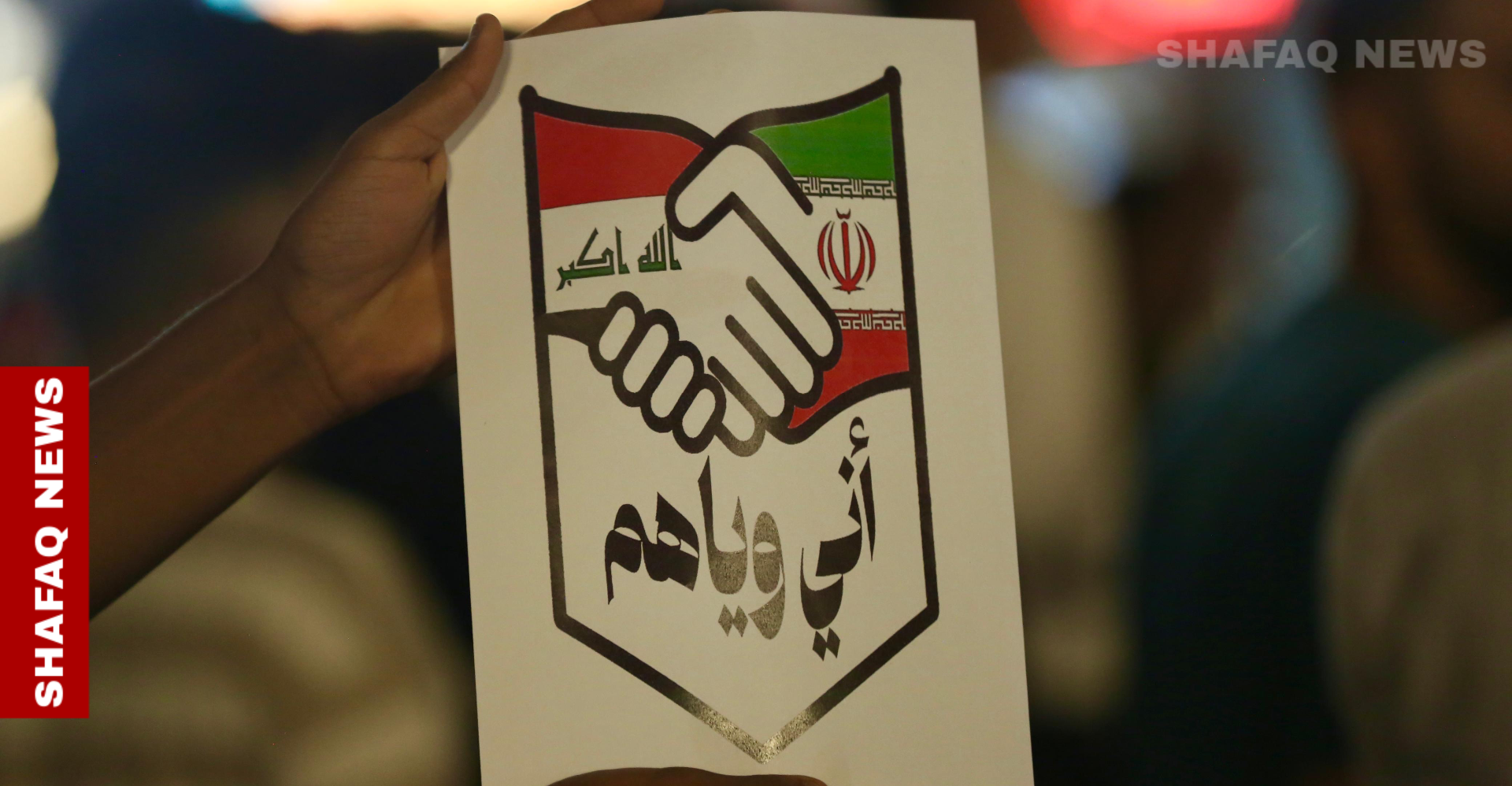Iran is losing the “Iraq axis.” The Economist: Factions are no longer sacrificing themselves for Tehran.
 A British report confirmed that the Iranian regime’s hegemony over Iraq is declining, pointing to the Iraqi government’s avoidance of involvement in the 12-day war between Iran and Israel. It also provided evidence of Tehran’s declining influence and credibility among Iraqis.
A British report confirmed that the Iranian regime’s hegemony over Iraq is declining, pointing to the Iraqi government’s avoidance of involvement in the 12-day war between Iran and Israel. It also provided evidence of Tehran’s declining influence and credibility among Iraqis.
A report by the British magazine “The Economist,” reviewed by Shafaq News Agency, highlighted three main reasons for the decline of Iranian influence in Iraq, the most important of which is the emergence of a new generation of politicians in Iraq “who emerged from the anti-government protests of 2020 and oppose the Iranian-backed militias more vocally than before.”
According to the report, following the killing of Qassem Soleimani, commander of the Iranian Revolutionary Guard Corps’ Quds Force, in January 2020, Iran’s control over the militias and proxy groups it supports in Iraq has diminished, with many of them shifting their focus to internal Iraqi affairs.
The Economist magazine quoted a senior Iraqi official as saying that Esmail Qaani, Soleimani’s successor and current commander of the Quds Force, “does not possess Soleimani’s skill in managing the conflicting interests of Iraq’s various factions.”
The report pointed to another factor cited as contributing to the decline of the Iranian regime’s influence in Iraq: “The transformation of militias into political forces and their dissolution into the Iraqi bureaucracy and economy.”
He explained that Iran, in order to expand and deepen its influence in Iraq, paved the way for militia members to enter the Iraqi political and economic system.
Currently, members of these groups have extensive economic interests and control important ministries, including those related to oil and mineral exports. Until recently, they even wielded significant influence within Iraq’s Supreme Court, according to The Economist.
According to the report, former members of Iran-affiliated groups, who are now wealthy political forces in the Iraqi government and economy, unlike in the past, “have much to lose if their country enters into a war with the United States or Israel, which is why they are increasingly angry about Iraq’s role as a client state of the Iranian government.”
Based on this evidence, the Economist report concluded that the weakness of the meaning of “resistance” became apparent during Iran’s war with Israel and the United States, when even the Iranian government’s closest allies in Iraq offered little assistance to the Islamic Republic for fear of retaliation from the United States or Israel.
Shafaq.com
